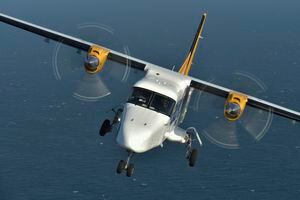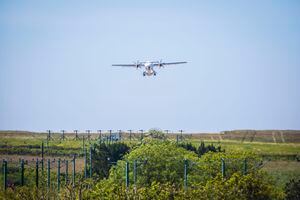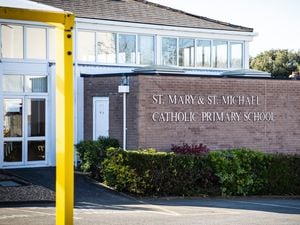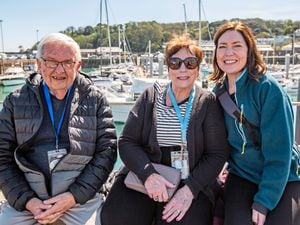‘Our passengers will tell us where we have to go’
THE switch to video calls for business during the pandemic will have a lasting impact on travel patterns, says Aurigny’s CEO.

‘There’s no doubt that aviation generally is upside down.
‘The laws of aviation are almost, in a sense, resetting,’ said Nico Bezuidenhout.
‘How the market is going to recover from a massive event such as this is unknown. We are going to have to see what passenger travel patterns will be.
‘I think that the adoption of teleconferencing, and alternative means of conducting business will have a lasting effect on demand patterns.’
As the industry emerged from the pandemic, it would have to reassess where passengers wanted to go because that was at the core of any airline business.
‘Our passengers will tell us where we have to go, where the demand patterns are,’ said Mr Bezuidenhout.
‘As an airline we will then cater for that, and hopefully it will make us a bigger airline, a stronger airline but, very importantly, a profitable and sustainable airline.’
Asked if that could mean more lasting changes to Aurigny’s network of where it flies, he said: ‘If routes are not financially viable then you have to evaluate what is the purpose of this route.

‘Does it serve some other economically critical purpose?
‘That’s where this balance is between this dual mandate that we have got. If we were purely a commercial enterprise then we can ignore certain routes, and really don’t care about whether or not it’s economically important for the island.
‘But we have to balance economic importance and financial viability, so it’s a case-by-case assessment in every case.’
Asked about any prospect of changes to Aurigny’s mixed fleet of the Embraer jet, ATRs and Dornier aircraft, he said: ‘Being still relatively new to the airline, I’d be hesitant to just jump to any form of conclusion.
‘There is no doubt that Aurigny does have a complex fleet and that adds to its cost structure.
‘But that complexity is driven by very specific needs. For example, servicing Alderney as a destination requires a very specific aircraft type.
‘Now, in as far as the jet is concerned, again, if the jet has got a particular purpose it’s deployed on Gatwick at the moment, it serves slot protection purposes and so forth. We will evaluate those reasons and then make a call.
‘Airlines all too often take a small-boy approach to business in a sense of have toys must play.
‘So you don’t start off with the aircraft first, you start off with the network. The network informs what aircraft are best suited to serve that particular network.
‘So, the jet, and the whole fleet is open for review, fit for purpose assessment, and then we’ll make calls.’
Watch a video of the full interview here





